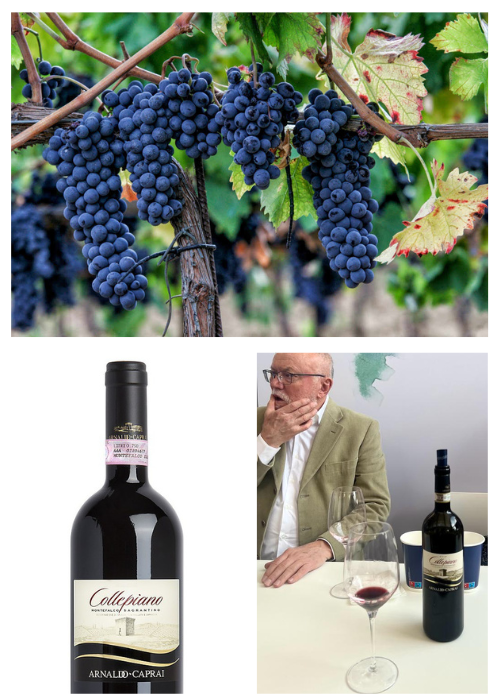‘Au naturel’ in wine… what’s all the fuss about?
Written by - Tom Gearing, CEO & Co-Founder - Cult Wines
Ah, natural wine! The term ‘au naturel’ is tossed around so much in wine circles that it's starting to sound as chic as the regions it often hails from. Yet, for many, the term remains elusive. Today, we venture into the vineyards and cellars where this movement has taken root to demystify natural wine.
So, what exactly is natural wine?
At its core, natural wine is about minimal intervention in the vineyard, in the cellar, and in the bottle. Think of it as the wine world's answer to the slow food movement. Producers, like the revered Pierre Overnoy from Jura Valley or the trailblazing Domaine des Miroirs, practice sustainable farming, often without any pesticides or chemicals. In the winery, these wines are often fermented with native yeasts. And here's a biggie, they typically have little to no added sulphites.
Regions like Burgundy are seeing a surge in interest in this style. Houses like Prieuré Roch and Jean Yves Bizot are riding this wave, with some of their bottle prices skyrocketing in recent times. Why? Well, the charm of these wines lies in their transparency, showing off the terroir without the makeup.
Natural vs. organic - clearing the fog
Now, one might ask… aren't all organic wines natural? Not quite. While both organic and natural wines prioritise environmentally friendly farming, natural wine pushes the envelope further, especially in the cellar. Yet, herein lies a debate: Is more always better?
Here's the thing, managing a vast vineyard with strictly natural techniques can be a laborious task, exposing winemakers to risks from Mother Nature. However, a staunch natural wine advocate might overlook clear faults in the wine, claiming them as "characteristics". Personally? Give me an organic wine any day, made with care and passion in the vineyard and a conscientious, low-intervention approach in the winery, without compromising the finished product's integrity.
Does it taste good? And is it better for you?
When done right, natural wines can be a revelation, preserving the purity of fruit in a way that's utterly enchanting. They shine especially in ripe vintages, where nature is kind, presenting wines with vivid character. But like all good things, there's a flip side. These wines can sometimes go astray, becoming volatile, unbalanced, or, in unfortunate cases, mousey. The latter is a fault hard to describe but unmistakable once encountered.
On the health front, the limited use of sulphites are a boon. Sulphites, you see, are often added to wines as preservatives. While they're generally harmless to most, some folks can be allergic, leading to headaches or respiratory problems. So, less sulphite might mean fewer wine-induced migraines the next morning.
In conclusion, there's a romance to natural wines, a purity that resonates with many. They’re not just a trend but represent a broader shift towards authenticity in what we consume. While producers like Prieuré Roch and Jean Yves Bizot are gaining fame and fortune in this movement, remember that the world of wine is vast. Celebrate the natural, but also appreciate the organic, the biodynamic, and the traditional.
If you ever get the chance to taste a natural wine, especially from the likes of Pierre Overnoy or Domaine des Miroirs, dive in with an open mind. Relish its unique character and remember that, in the world of wine, there's no right or wrong, just personal preference.
Cheers to exploring and understanding one of the wine world's most exciting movements.





